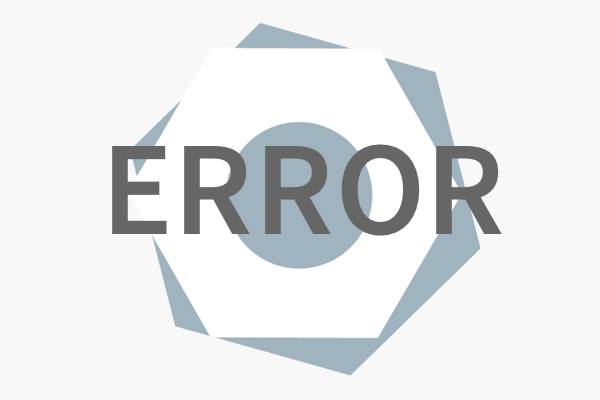Are the Rich More Republican?
 Over at PowerLine, conservative blogger John Hinderaker claims that most rich people who are politically active are liberals. The data however shows a different story.
Over at PowerLine, conservative blogger John Hinderaker claims that most rich people who are politically active are liberals. The data however shows a different story.
I don't want to spend my whole life on this red state/blue state thing, but I recently follow this Instapundit link and came across the following comment from lawyer and conservative blogger John Hinderaker:
Most rich people who are politically active are liberals, and the Democratic Party gets much more of its support from the wealthy than the GOP.
I'm like, huh? Do people really believe this? Let me take this in three parts.
1. Data. From the 2010 exit polls:
 (I was thinking of making a graph but I like the direct feel of a screencap.)
(I was thinking of making a graph but I like the direct feel of a screencap.)
And it's not just 2010. You can see this in decades of pre-election and exit polls. And it's not just voting. Political contributions from the richest Americans are generally more likely to go to Republicans than Democrats. In particular, the probability of being a conservative Republican goes up sharply with income.
Just to break this down more carefully: the claim that "most rich people who are politically active are liberals" might possibly be true--after all, the term "politically active" isn't clearly defined--but I don't see any evidence of it. Looking at wealthier Americans, rich campaign contributors, whatever, we see much stronger support for Republicans and conservative causes than for Democrats and liberals.
There are some exceptions (as in 2008 when Obama beat McCain in the vote and much more so in funding) and on some particular issues such as gay rights, but overall the pattern is clear.
2. Common sense (or, as we call it in political science, "theory"). Wealthier people tend to be more economically conservative; lower-income people are more likely to support taxes on the rich. This is no surprise: of course it makes sense that if you have more money you'll have more sympathy with the argument that people should keep what they earn, and if you have less you'll be more likely to favor redistribution. The correlation between income level and economic ideology is weak (we have graphs in Red State, Blue State making this point), but it's not zero. Nor would you expect it to be.
3. Demonizing the rich. The above quote is from a conservative blog. At first sight, the view that politically active rich people are mostly Democrats could be comforting: the idea, perhaps, is conservative rich people are busy with their jobs, their families, being productive and enjoying life, while liberal rich people are discontented and can't resist trying to use the political process to get their way. But the data don't support this story. So why take that position at all? Why not say that richer people tend to have economically conservative views for good reasons? And that if you're rich, it might make sense to participate a bit in politics to stop the government from doing things you don't like?
That is, why can't Hinderaker take the same reasoning that he uses for the Koch brothers and apply it more generally to rich people? This would have the virtue of being coherent with an economically conservative ideology and also consistent with survey data from campaign contribution records.
I'm not trying to suggest that Hinderaker is trying to mislead, merely that he is confused. It's an instructive confusion, however, in that it points (to me) to a confusion in ideology.
Tweet

